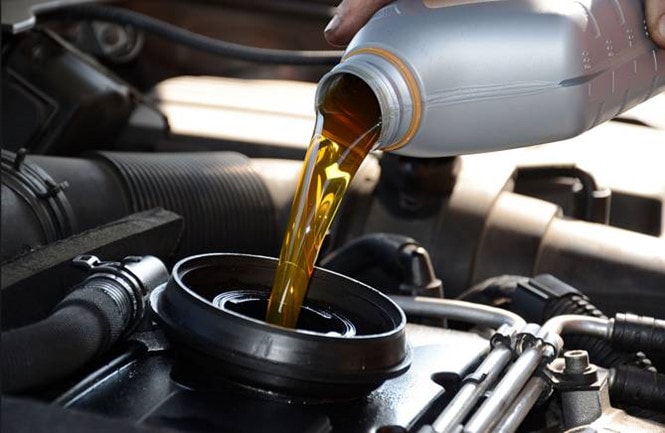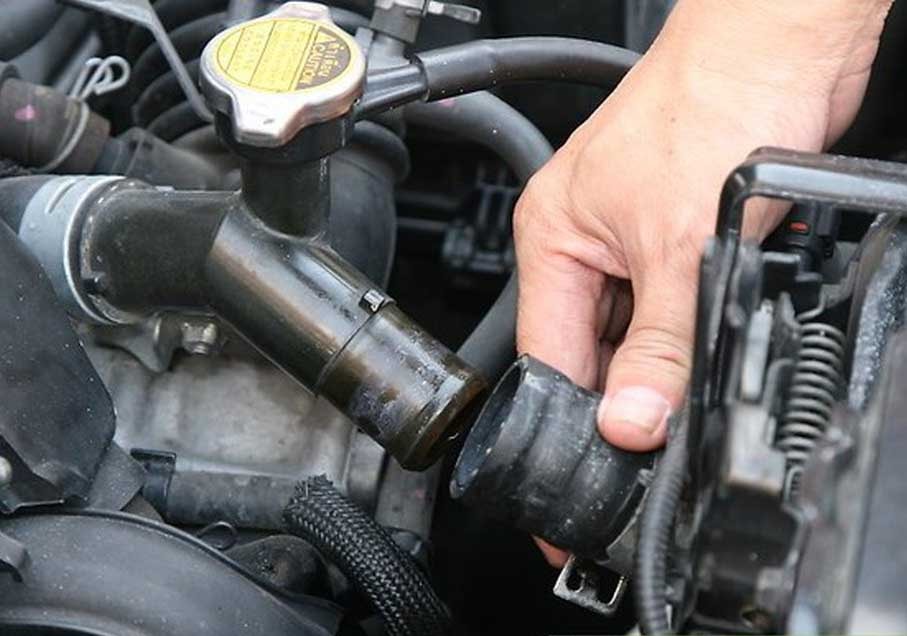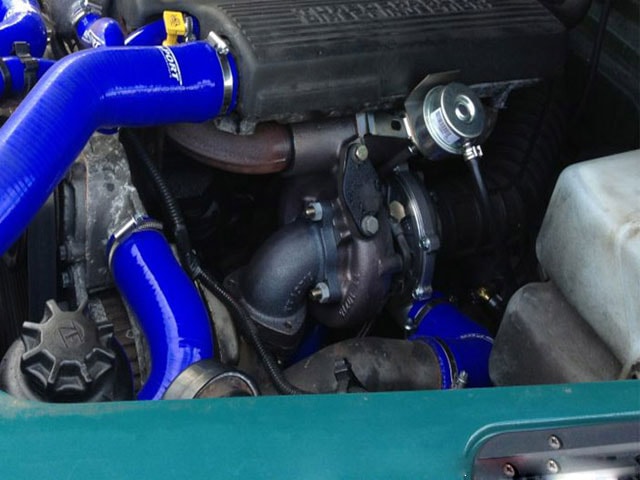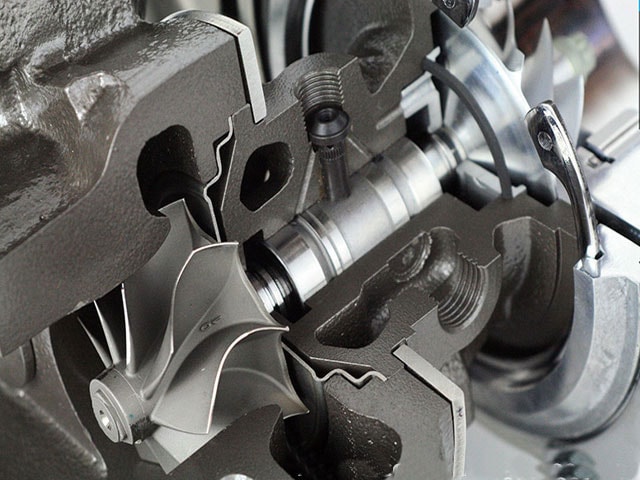4 common failures in turbocharged cars
(Baonghean.vn) - Turbo engines usually have one and a half times more power than naturally aspirated engines with the same cylinder capacity. But along with increased performance, turbo engines also have unexpected damage and troubles.
1. Engine lubricating oil loss
 |
The working speed of the turbo is usually very high, can exceed 100,000 rpm. To be able to work durably in that condition, the turbo system also needs to be continuously lubricated.
Conventional turbochargers typically use the engine's own oil pump system for lubrication and cooling. The constant pumping of oil into the turbocharger system will consume engine lubricating oil. Some turbo engines have a negligible amount of oil loss during the oil change cycle, while some models have a large loss and need to be topped up.
2. Damage to the oil system
 |
As mentioned above, traditional turbochargers are lubricated and cooled by an oil system from the engine. After many years of use, some cars have been noted to show signs after about 5-7 years, the turbo oil lubrication system or gaskets/seals leak, and over time can degenerate. As a result, the lubricating oil for the turbo is lacking or absent.
Therefore, as soon as the engine is noisier than usual, the user needs to immediately bring the car to a reputable service workshop for timely inspection to avoid damaging the turbo.
3. Leaking or broken air compressor tube
 |
For ease of disassembly or maintenance, the turbocharger's air compression piping system is usually made of plastic and rubber. Some high-end cars can be made of alloy. The air compression pipe is connected from the turbocharger to the engine through a system of tightening belts or sealing gaskets.
After many years of use, the materials can degrade, the air duct from the turbocharger to the combustion chamber can have a loose gasket, causing compressed air to leak. Many cars have even been recorded with a collapsed turbo air duct, causing the car to run very weakly and the driver can completely feel it.
4. Damaged or worn bearings or bearings
 |
The sign of a damaged turbocharger or worn bearings or bearings is that the engine makes a humming noise when operating, especially when accelerating.
In addition to the noise mentioned above, worn turbo bearings can also cause the engine oil to be depleted faster, reducing turbo compression, reducing engine power. The driver may feel the car is sluggish and weak, especially when accelerating.

